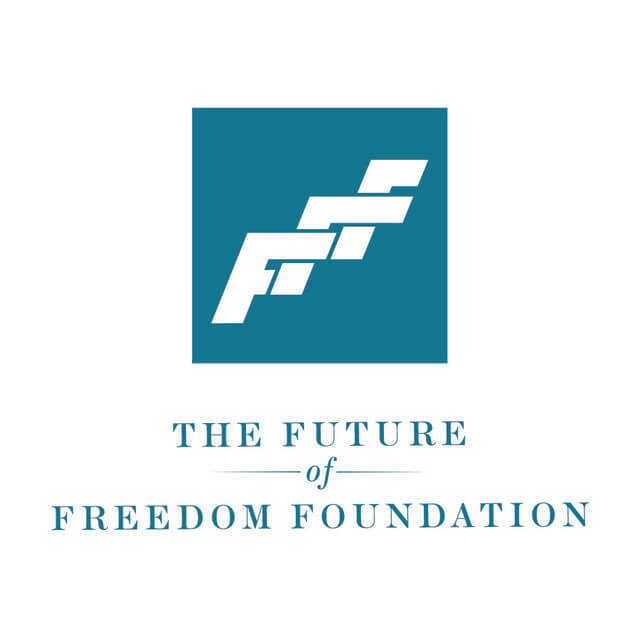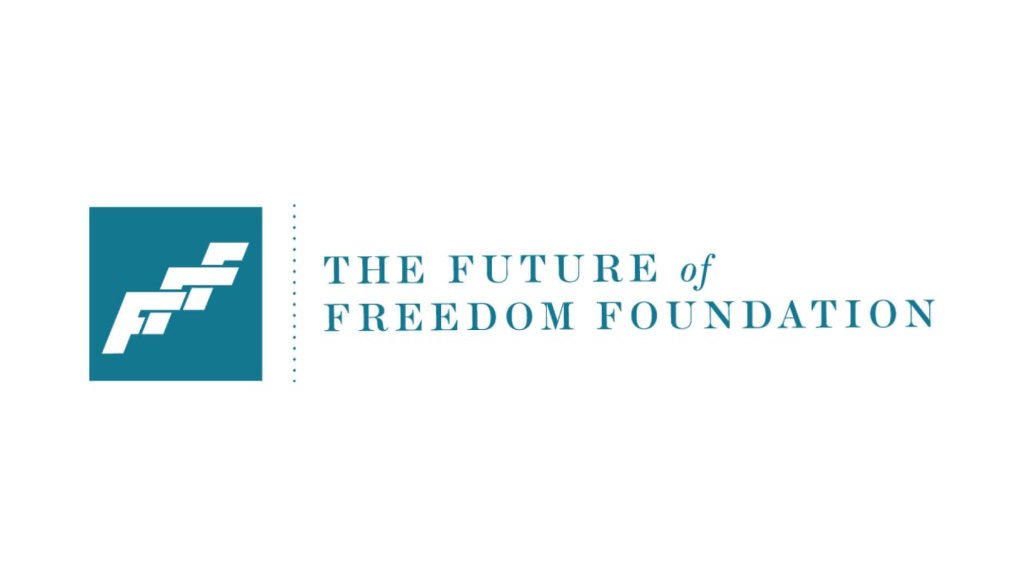Trump’s “National Emergency” and Yoon Suk Yeol’s Martial Law
There is an important thing to note about South Korean President Yoon Suk Yeol’s recent declaration of martial law: It’s really no different in principle from President-elect Trump’s plans to declare a “national emergency.” The only difference is the extent of power.
Yoon Suk Yeol’s martial-law declaration, much like Hitler’s Enabling Act, enabled him to ignore the nation’s constitution and the South Korean congress and to use his military to rule the nation by decree through the exercise of omnipotent powers. It would have, for example, enabled the military to arrest, incarcerate, and torture people without a warrant and without probable cause that they had committed a crime.
Trump will use his “national-emergency” declaration to justify his use of the U.S. military to wage his war on illegal immigrants, including his plan to ferret out and deport millions of illegal immigrants, and to amplify the drug-war police state and the immigration police state that have long existed along the border.
Licensed under the Creative Commons Attribution 2.0 Generic license.
In other words, Yoon’s declaration gave him omnipotent, dictatorial power. Trump’s declaration will give him expanded powers but not omnipotent power. Both declarations, of course, involve the use of the military.
As I have long emphasized, “emergencies” are the time-honored way for rulers to exercise dictatorial powers. In an “emergency,” the people become afraid. Their fear causes them to be willing — even eager — to trade away their liberty to be kept “safe” by their rulers.
Rulers fully understand this phenomenon and use it to their advantage. That’s why the Framers and our American ancestors did not include an “emergency” exception to the restrictions on power in the Constitution and the Bill of Rights. They knew that if they included such an exception, it would essentially nullify the protections in those two documents.
A good example of this phenomenon was what happened after the 9/11 attacks. Americans were frightened to death. They were certain that the terrorists and the Muslims were coming to get them. There were widespread lamentations that Sharia law was going to be established in cities all across America. Thus, Americans were willing and eager to surrender their l
Article from The Future of Freedom Foundation

The Future of Freedom Foundation (FFF) is a leading voice in libertarian thought, tirelessly advocating for individual liberty, free markets, and limited government. Established in 1989, the FFF is more than just a think tank; it’s a hub for intellectual exploration and policy advocacy that draws on the classical liberal tradition and Austrian economics. Through insightful articles, videos, and events featuring top libertarian minds, the organization provides a robust critique of mainstream politics and policies, championing instead the principles that underlie a truly free society. For anyone seeking a principled stand for freedom and limited government, the Future of Freedom Foundation serves as an invaluable resource and an inspiring beacon.




